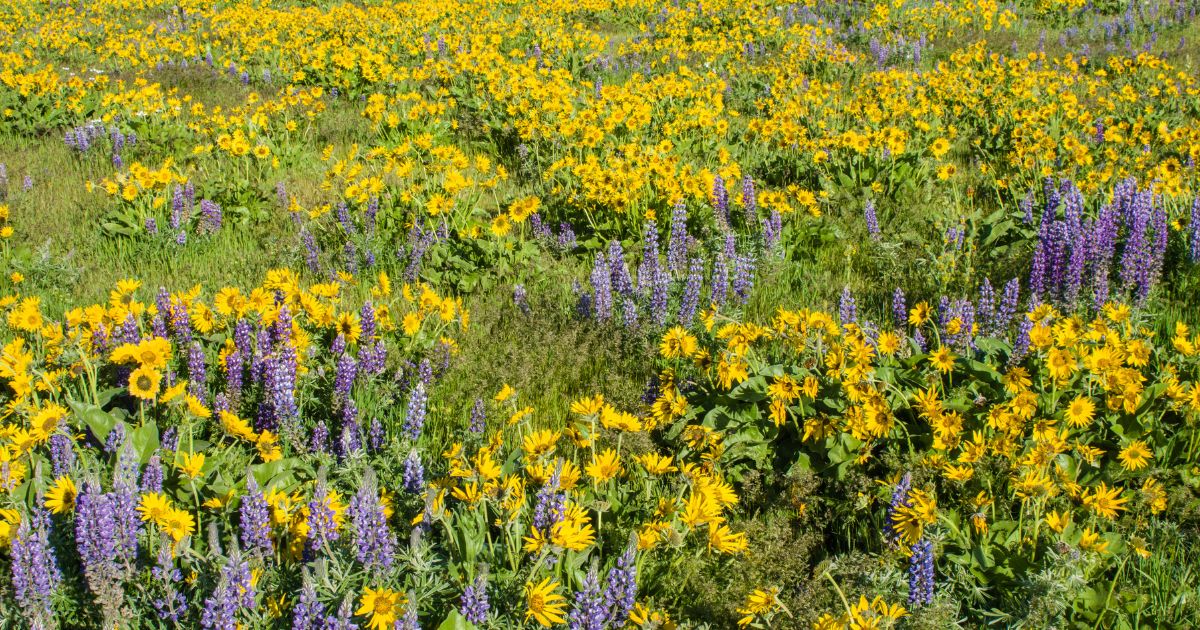Integrating native plants into your garden is a fantastic way to enhance its health and vitality. Native plants are those that have evolved naturally in a particular region and have adapted to the local climate, soil, and wildlife.
This makes them an ideal choice for gardeners looking to create a sustainable and flourishing outdoor space. In this blog post, we’ll explore twelve ways in which native plants can significantly boost your garden’s health.
1. Enhancing Biodiversity
Native plants support a wide range of local wildlife, including birds, butterflies, and insects, which helps maintain a balanced ecosystem. By planting a variety of native species, you can create a diverse habitat that encourages biodiversity and contributes to the overall health of your garden.
2. Water Conservation
Native plants are adapted to the local climate and soil conditions, making them more drought-resistant and reducing the need for supplemental watering. This not only conserves water but also helps maintain soil health and reduces the risk of disease and pests.
3. Soil Enrichment
Many native plants have deep root systems that help break up compacted soil, improve aeration, and increase nutrient levels. This can lead to healthier soil and better plant growth, making your garden more resilient over time.
4. Natural Pest Control
By attracting beneficial insects such as ladybugs, bees, and butterflies, native plants can help control pest populations naturally. These beneficial insects act as natural predators to common garden pests, reducing the need for chemical pesticides and promoting a healthier garden environment.
5. Supporting Pollinators
Native plants provide essential nectar and pollen sources for pollinators such as bees, butterflies, and hummingbirds. Supporting these pollinators is crucial for the reproduction of many plants and the production of fruits and vegetables in your garden.
6. Reducing Maintenance
Once established, native plants generally require less maintenance than non-native species. They are better adapted to the local environment, meaning they need less water, fertilizer, and care, giving you more time to enjoy your garden rather than maintaining it.
7. Enhancing Aesthetic Appeal
Native plants can offer a wide range of colors, textures, and forms that enhance the aesthetic appeal of your garden. Their unique beauty and adaptation to local conditions can make your garden look naturally beautiful and harmonious with the surrounding landscape.
8. Preventing Soil Erosion
The deep roots of many native plants help stabilize the soil and prevent erosion, especially on slopes and hillsides. This can protect your garden from erosion-related issues and maintain the integrity of your landscape.
9. Improving Air Quality
Native plants contribute to cleaner air by absorbing carbon dioxide and releasing oxygen. Additionally, they trap dust and pollutants, improving air quality and creating a healthier environment for you and your family.
10. Adapting to Climate Change
Native plants are more resilient to local weather extremes and can adapt to changing climate conditions. By using native plants, you can create a garden that withstands climate fluctuations and remains healthy in the long term.
11. Providing Wildlife Habitat
Native plants provide food and shelter for local wildlife such as birds, insects, and small mammals. By incorporating native species, you create a welcoming habitat that supports a variety of creatures and enriches the local ecosystem.
12. Enhancing Cultural Heritage
Many native plants have cultural significance and have been used by indigenous peoples for food, medicine, and other purposes. By planting these species, you can connect with the cultural heritage of your region and preserve traditional knowledge and practices.











